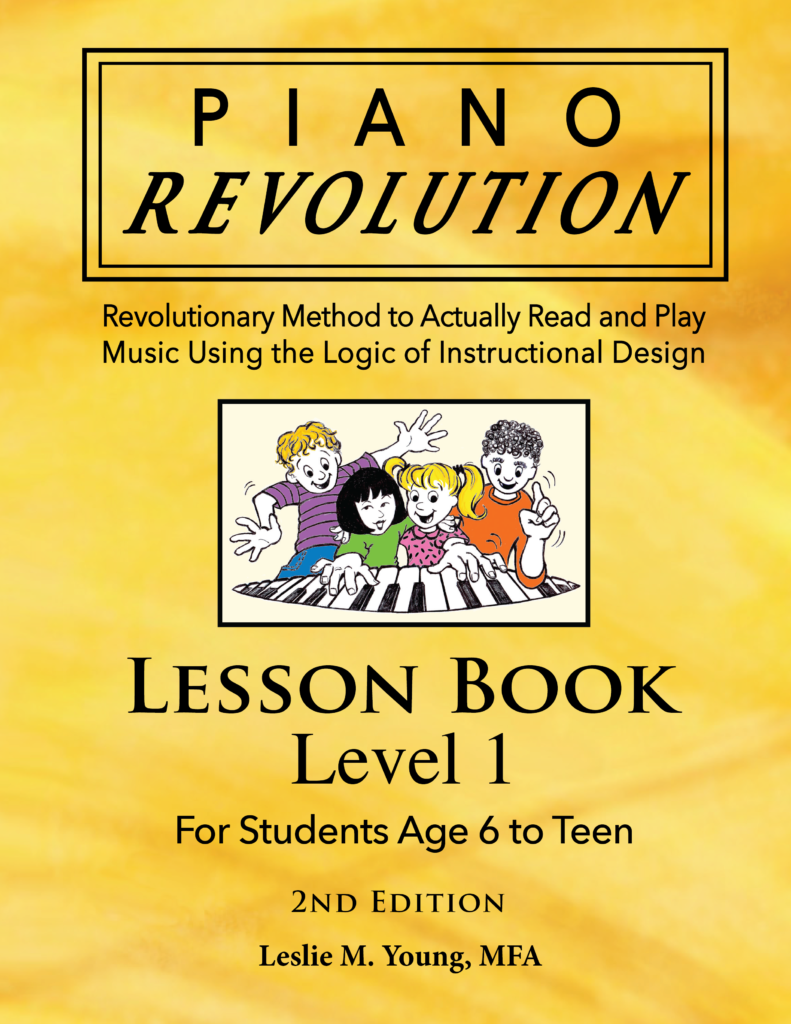What’s the Best Age to Begin Piano Lessons?
When thinking about music instruction, one important consideration for the young student is: “What is the best age to begin piano lessons to be most successful?”
There are quite a few formal studies that could be compared, but the bottom line result is very similar: The younger, the better.
The recommendation offered by Dr. Robert A. Cutietta, Dean of the University of Southern California Thornton School of Music, is that “musical experience at an early age is extremely important in a child’s developmental process. Like riding a bike or learning a language, these skills can be learned later in life, but they will never be ‘natural’ in the way that is so important for fluid musical performance.” https://www.pbs.org/parents/thrive/whats-the-right-age-to-begin-music-lessons
It Depends
The best age to begin piano lessons depends on the individual child. Short lessons could be given to a four-year-old before or after an older sibling’s lesson. The time would gradually increase, taking cues from how long the child stays focus on the tasks presented.
The Revolutionary Piano Method for the Itty Bitty Student is designed for young students who are ages 4-5. However, in order to be most successful during the piano lesson, the child should be able to easily do the following:
- Sit attentively and follow directions for a short amount of time (one to two minutes). The length of the piano lesson will gradually increase over several months.
- Identify the right hand
- Understand the concepts of: before and after; up and down; to the right and to the left; next to (as in neighbor) and hop over; in front of; forward and backward
- Count to five easily and recognize the written numbers
- Easily recite at least the first seven letters of the alphabet
- Recognize letters A B C D E F G and a b c d e f g
There are benefits for a young student to begin piano lessons. By young, I mean four years old generally, but even students a few months younger will benefit. The first lessons are very short, less than a minute. Over time, the student gradually increases attention span and the ability to sit quietly and be engaged in the instruction.
The introduction to the keyboard should be brief, fun, and include frequent praising. A reluctant three-year-old may desire to just watch a sibling or parent be taught the first lesson, so that he can see it would not be overwhelming.
This first lesson should be repeated for as many lessons as is needed until the student is very comfortable and confident. Keep doing the same lesson until the student is almost getting tired of it because he can do it so well – twice, four times, eight times – however many days it takes! The key is for the student to go at his/her individual pace and be successful (but not necessarily perfect) at the task for each lesson.
Check out Itty Bitty Lesson Book 1 for Sample Pages!
Itty Bitty Lesson Book 1 would be the first book to use for subsequent short lessons of less than just a few minutes. The lesson time gradually increases as the student’s attention span and capabilities increase. Four years is a great, even best age to begin piano lessons!
Having said all that, let me continue next week about beginner lessons for the somewhat older student.
What Would the First Lesson for a Young Student Look Like?
What Would the First Lesson for a 6 to Teen Look Like (video)?
View sample pages of all the books for students
ages 6 to teen:
View sample pages of all the books for students
4 to 5 years old:
View sample pages of all the books for older
teens and adults:
View the books on Amazon:
About the Author, Composer, Illustrator,
Educator, and Eternal Optimist

Leslie Young is the author/composer/illustrator of the Revolutionary Piano Method. She co-founded a K-12th grade charter school in Texas and has been a piano teacher for about 40 years. She has had experience teaching a variety of students tackling piano for the first time or as returning students.
Leslie believes that “learning to play the piano is more about diligence and perseverance” – but would add that just as critical to success is the method that is used, the pattern of critical thinking, and the instructional principles that promote immediate success.
She states: “In teaching piano to students of varying ages, what also varies is a commitment of time and the amount of dedication. Children of certain ages may do very well with a parent as teacher; others may need someone who is not family to instruct them. Some older children and adults prefer to make progress on their own, and this method is designed to act as a meticulous guide through new material. Some adults and teens insist on professional teachers, which also encourages continuity. Because these books are self-explanatory, a new or experienced professional teacher will have no trouble using the Revolutionary Piano Method with students. It’s an easy and effective way to learn piano.”












[…] you missed last week’s article, give it a quick look for the experts’ advice about “What is the best age to begin piano […]